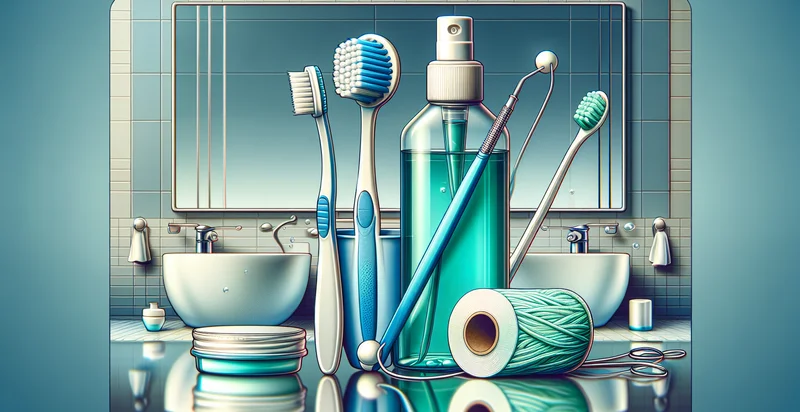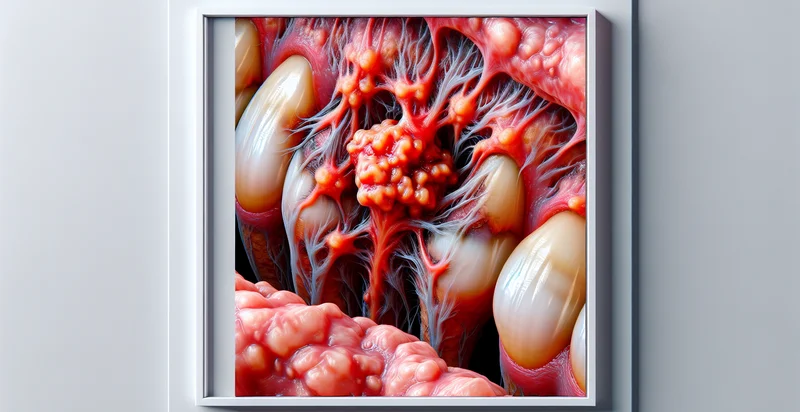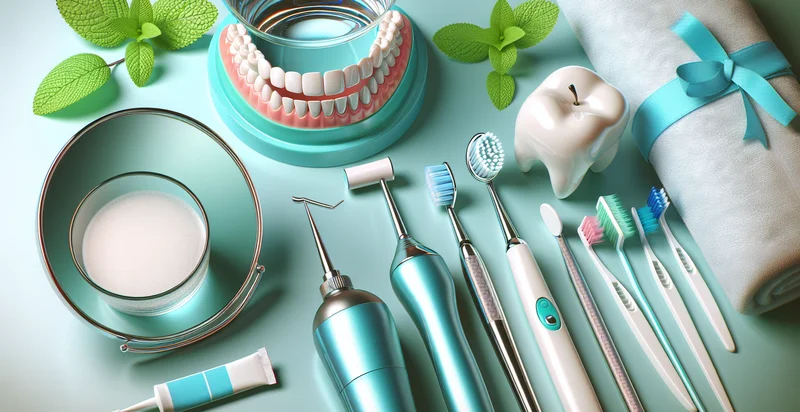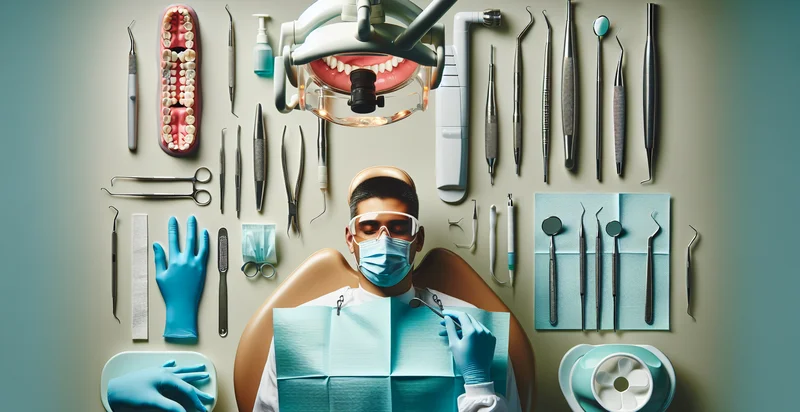Identify dental hygiene level
using AI
Below is a free classifier to identify dental hygiene level. Just upload your image, and our AI will predict your dental hygiene level. - in just seconds.

Contact us for API access
Or, use Nyckel to build highly-accurate custom classifiers in just minutes. No PhD required.
Get started
import nyckel
credentials = nyckel.Credentials("YOUR_CLIENT_ID", "YOUR_CLIENT_SECRET")
nyckel.invoke("dental-hygiene-level", "your_image_url", credentials)
fetch('https://www.nyckel.com/v1/functions/dental-hygiene-level/invoke', {
method: 'POST',
headers: {
'Authorization': 'Bearer ' + 'YOUR_BEARER_TOKEN',
'Content-Type': 'application/json',
},
body: JSON.stringify(
{"data": "your_image_url"}
)
})
.then(response => response.json())
.then(data => console.log(data));
curl -X POST \
-H "Content-Type: application/json" \
-H "Authorization: Bearer YOUR_BEARER_TOKEN" \
-d '{"data": "your_image_url"}' \
https://www.nyckel.com/v1/functions/dental-hygiene-level/invoke
How this classifier works
To start, upload your image. Our AI tool will then predict your dental hygiene level..
This pretrained image model uses a Nyckel-created dataset and has 5 labels, including Excellent, Fair, Good, Poor and Very Poor.
We'll also show a confidence score (the higher the number, the more confident the AI model is around your dental hygiene level.).
Whether you're just curious or building dental hygiene level detection into your application, we hope our classifier proves helpful.
Related Classifiers
Need to identify dental hygiene level at scale?
Get API or Zapier access to this classifier for free. It's perfect for:
- Patient Monitoring: This function can be used in dental clinics to assess and monitor patients' dental hygiene levels during routine check-ups. By classifying the images of patients' teeth, dentists can provide personalized hygiene advice and track improvement over time.
- Teledentistry: In telehealth platforms, the false image classification function can help dentists assess dental hygiene from remote consultations. Patients can upload images of their teeth, and the system can classify their hygiene levels to guide dental advice without an in-person visit.
- Dental Product Marketing: Dental product companies can utilize this function to target marketing efforts by analyzing the hygiene levels of potential customers. Classifying users based on their dental hygiene can help in customizing promotional strategies for various oral care products.
- Educational Tools: Dental schools and educational institutions can incorporate this function into their training programs to help students learn about assessing dental hygiene. By using classified images, students can practice their diagnostic skills in a simulated environment.
- Insurance Risk Assessment: Dental insurance companies can implement the classification function to evaluate the hygiene levels of applicants. This assessment could influence premium rates or coverage options based on the likelihood of dental issues arising from poor hygiene.
- Research and Development: Researchers can employ the false image classification function to study trends in dental hygiene across different demographics. Analyzing large datasets of classified images can yield insights into factors affecting dental health and inform public health initiatives.
- Personalized Dental Care Apps: Mobile dental care applications can integrate this functionality to offer users insights into their dental hygiene. By allowing users to upload images for classification, the app can suggest tailored oral care routines and products based on individual needs.


